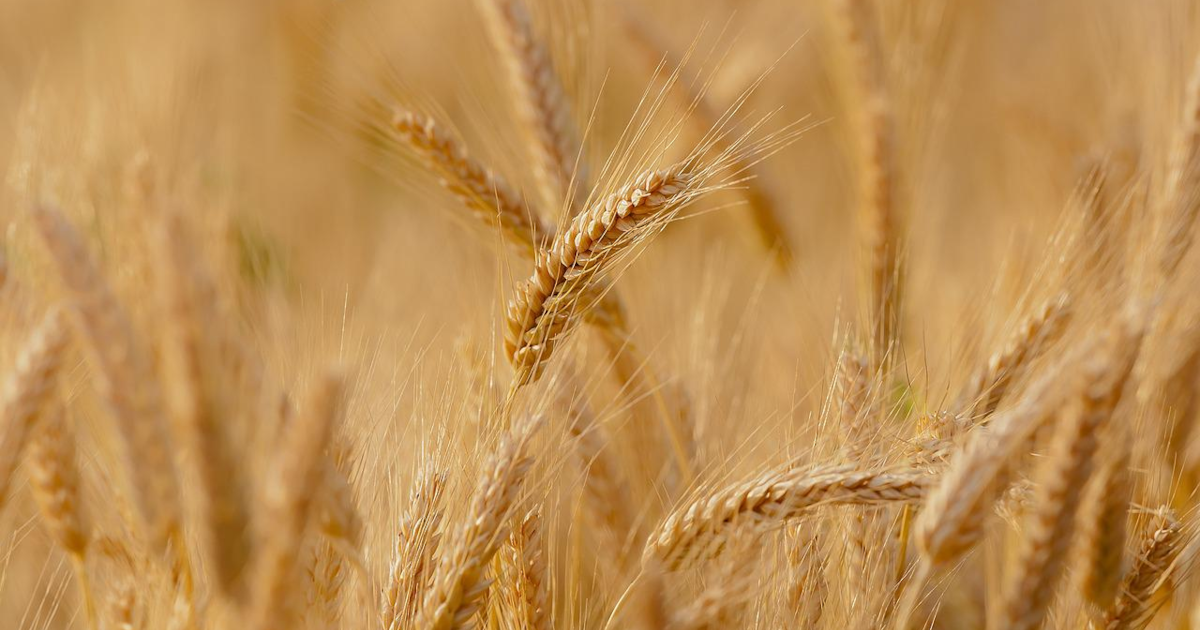
Cutting Biofuels Can Help Avoid Global Food Shock From Ukraine War
The war in Ukraine has caused food prices to shoot up as global markets anticipate a loss of wheat and maize exports from one of the world’s largest producers of these crops. But Europe and the U.S. could more than compensate for the loss of Ukraine’s exports by diverting crops destined to be made into biofuels into food production instead.
April 1, 2023 | Source: New Scientist | by Michael Le Page
The war in Ukraine has already caused food prices to shoot up as global markets anticipate a loss of wheat and maize exports from one of the world’s largest producers of these crops. But Europe and the US could more than compensate for the loss of Ukraine’s exports by diverting crops destined to be made into biofuels into food production instead. This would bring food prices down and help prevent a major global food shock.
On 9 March, Ukraine banned most food exports to try to ensure that its people don’t go hungry as Russian forces invade.
Food prices were already at the highest levels for 40 years, says Matin Qaim at the University of Bonn in Germany. This is for many reasons, including poor harvests because of extreme weather driven by global warming.
Quickly increasing the supply of food crops is difficult. But a large proportion of food crops aren’t eaten but converted to biofuels. Globally, 10 per cent of all grain is turned into biofuel, says Qaim.
